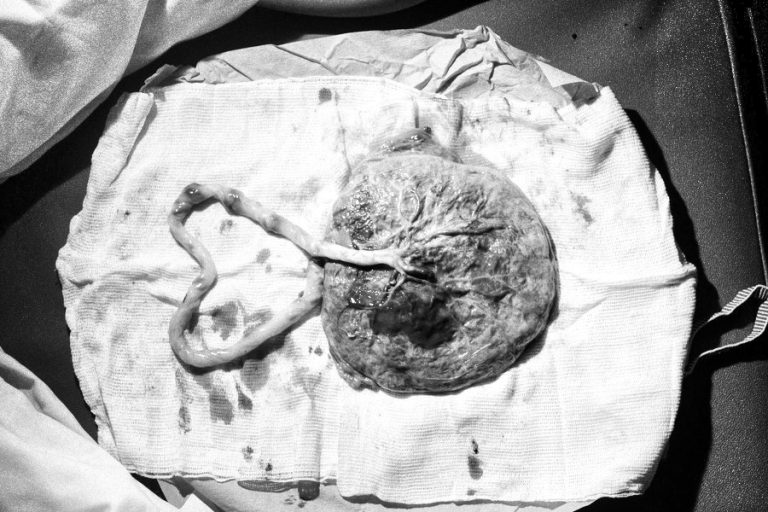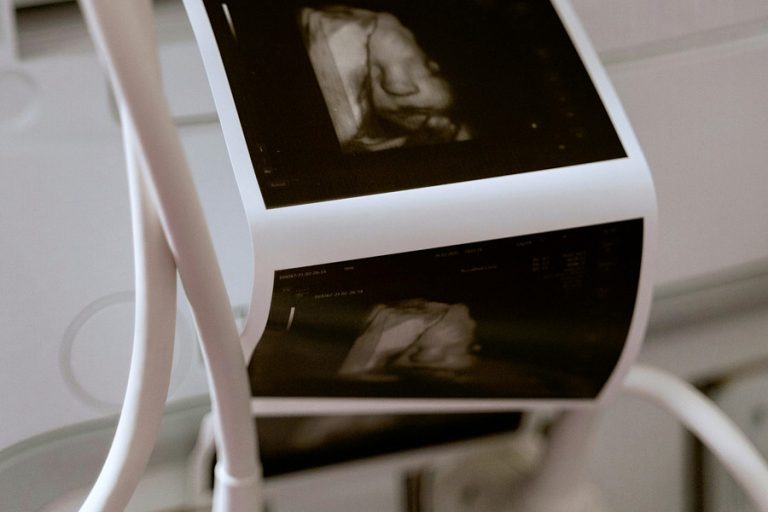Premature Birth: Causes, Risks, and Care for Preterm Babies
Pregnancy is typically expected to last about 40 weeks, giving a baby time to fully develop before birth. When a baby is born too early, it’s called premature birth—a situation that can present challenges for both the newborn and parents. Understanding why it happens, what the risks are, and how medical teams care for preterm babies can help families navigate this complex experience.
What Is Premature Birth?
Premature birth (or preterm birth) occurs when a baby is born before 37 completed weeks of pregnancy.
Doctors classify preterm births into categories based on how early they happen:
Late preterm: 34 to 36 weeks
Moderately preterm: 32 to 34 weeks
Very preterm: 28 to 32 weeks
Extremely preterm: Less than 28 weeks
The earlier a baby is born, the greater the risk for health complications.
Common Causes of Premature Birth
Sometimes premature birth happens without a clear reason. However, certain factors can increase the likelihood:
Multiple pregnancies (twins, triplets, or more)
Infections during pregnancy
Chronic health conditions such as high blood pressure or diabetes
Problems with the uterus, cervix, or placenta
History of preterm birth
Smoking, alcohol, or drug use during pregnancy
Stress and poor prenatal care
Short intervals between pregnancies
Signs and Symptoms of Premature Labor
Recognizing the signs early can make a difference. Symptoms may include:
Regular contractions before 37 weeks
Low, dull backache
Pelvic pressure
Abdominal cramping (with or without diarrhea)
Vaginal spotting or bleeding
Fluid leakage (possible water breaking)
If these occur, contact a healthcare provider immediately.
Risks for Preterm Babies
Premature babies may face various health challenges because their organs are not fully developed, especially the lungs and brain. Risks include:
Breathing difficulties (respiratory distress syndrome)
Feeding problems
Jaundice
Temperature regulation issues
Increased risk of infections
Long-term developmental delays or disabilities
The risk and severity of complications depend on how early the baby is born.
Medical Care for Premature Babies
Many preterm babies require specialized care in a neonatal intensive care unit (NICU). Care may include:
Incubators to maintain body temperature
Breathing support such as ventilators or CPAP
Feeding support through tubes until the baby can feed by mouth
Monitoring of vital signs and growth
The goal is to help the baby grow and develop in an environment that mimics the womb as closely as possible.
Preventing Premature Birth
While not all cases are preventable, certain steps can reduce risk:
Regular prenatal care
Managing chronic health conditions before and during pregnancy
Avoiding smoking, alcohol, and drugs
Treating infections promptly
Maintaining a healthy lifestyle with proper nutrition and rest
Spacing pregnancies at least 18 months apart when possible
For women with a history of preterm birth, doctors may recommend medications or procedures such as progesterone supplementation or cervical cerclage.
Emotional Impact and Support
Premature birth can be emotionally overwhelming for parents. Feelings of fear, guilt, or helplessness are common. Support can come from:
Hospital-based counseling services
Parent support groups for NICU families
Guidance from healthcare providers on home care after discharge
Outlook for Preterm Babies
Medical advancements have significantly improved survival rates and long-term outcomes for premature infants, even those born extremely early. With the right care, many preterm babies go on to live healthy, fulfilling lives.
Final Thoughts
Premature birth is a complex medical and emotional journey. While it can be frightening, early recognition of warning signs, prompt medical attention, and advances in neonatal care have given countless preterm babies a strong start in life.
If you are pregnant or planning a pregnancy, working closely with your healthcare provider and focusing on preventive measures can help reduce the risk.







